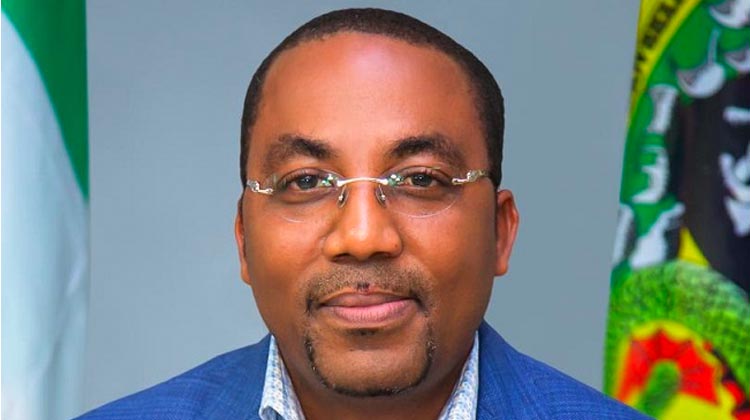The Nigerian Ports Authority (NPA) embarked on an ambitious $700 million port rehabilitation project aimed at revitalizing the Apapa and Tincan Island Ports in Lagos, two critical gateways for the nation’s maritime trade. Securing the loan, facilitated by UK Export Finance, marked a significant step towards addressing the long-standing challenges of congestion and inefficiency that have plagued these ports. The initial timeline projected the commencement of rehabilitation works in the second quarter of 2025, with the then Managing Director, Mohammed Bello-Koko, expressing confidence in the project’s imminent start. This optimism stemmed from the successful signing of the mandate letter with Citibank Nigeria and the assurance that the necessary funds were readily available. The project’s scope extended beyond Lagos, encompassing plans to upgrade Eastern Ports like Calabar, Warri, Onne, and Rivers Ports, along with the reconstruction of the Escravos Breakwater, indicative of a broader national strategy to enhance port infrastructure.
Despite the initial optimism, the project encountered unforeseen delays. While the loan was secured and the mandate letter signed, certain procedural requirements needed to be fulfilled. UK Export Finance requested additional documentation, including an Environmental Impact Assessment report, a memorandum about the NPA, and an independent analysis of its financial viability. These documents, though delaying the project, served as essential prerequisites to ensure comprehensive evaluation and responsible execution. The NPA diligently compiled and submitted the requested documents, reaffirming its commitment to transparency and adherence to due process. The General Manager of Corporate and Strategic Communications, Ikechukwu Onyemekara, confirmed that the necessary paperwork had been submitted and maintained that the project would commence in the second quarter of 2025, albeit with a slight delay.
The leadership transition at the NPA introduced further complexity to the project’s trajectory. The appointment of Dr. Abubakar Dantsoho as the new Managing Director brought a renewed focus on port infrastructure rehabilitation as a national priority. Dr. Dantsoho emphasized the importance of robust stakeholder collaboration and efficient port operations for enhanced revenue generation. However, despite this renewed focus, the on-the-ground reality revealed a different picture. The project, originally slated to begin in the second quarter of 2025, had not yet commenced. Sources within the NPA confirmed the delay, attributing it to unforeseen circumstances, but remained hopeful that mobilization to the site would occur within the next few months.
The delay in the port rehabilitation project underscores the complexities inherent in large-scale infrastructure development. While securing funding is a significant milestone, navigating regulatory requirements, completing necessary assessments, and coordinating with various stakeholders can introduce unforeseen delays. The project’s postponement, though unfortunate, highlights the importance of thorough planning and meticulous execution to ensure long-term sustainability and success. The NPA’s commitment to transparency, as evidenced by its willingness to provide updates and acknowledge delays, is crucial for maintaining public trust and managing expectations.
The rehabilitation of the Apapa and Tincan Island Ports, along with other targeted ports, holds immense significance for Nigeria’s economic growth and trade competitiveness. Modernizing these crucial gateways will alleviate congestion, improve cargo handling efficiency, and reduce operational costs for businesses. Moreover, enhanced port infrastructure will attract foreign investment, boost export capacity, and contribute to overall economic development. The NPA’s unwavering commitment to this project, despite the challenges, signifies its recognition of the vital role efficient ports play in driving national prosperity.
The delay in the port rehabilitation project, while a temporary setback, does not diminish the project’s long-term importance or the NPA’s dedication to its successful implementation. The continued emphasis on transparency, collaboration, and adherence to due process will be crucial in navigating the remaining hurdles and ensuring the timely completion of this critical infrastructure initiative. The revitalized ports will not only enhance Nigeria’s maritime trade but also serve as a catalyst for economic growth and regional development, fulfilling the project’s ultimate objective of transforming the nation’s port infrastructure.














